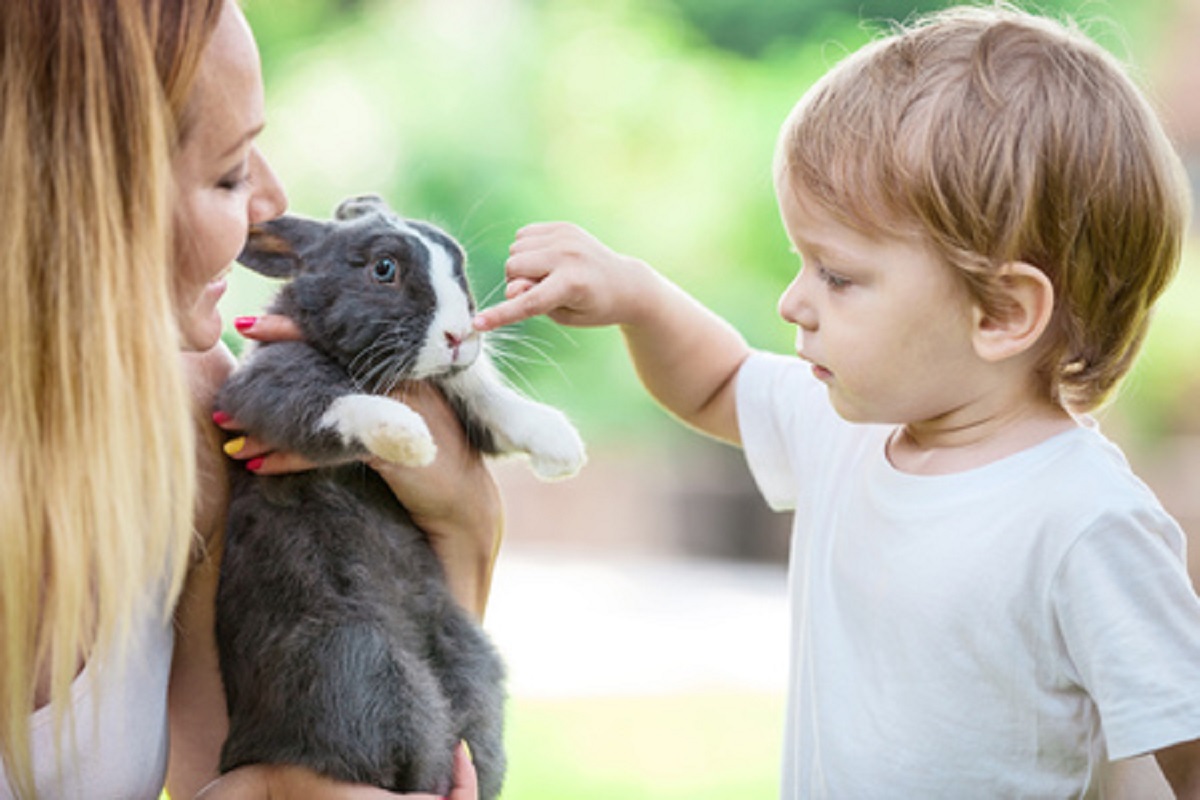How to Treat Common Rabbit Illnesses
February 24, 2017
There are several ailments and illnesses rabbits may struggle with that pet owners should be aware of. By ensuring you understand their numerous health risks, you can help prevent them early on. Rabbits make great domesticated pets, but they still have the genetic instinct of wild rabbits to hide any signs of illness from predators and in general. Try to maintain a close eye on your rabbit as well as his or her diet to catch early signs of illness or any problems and prevent them from developing.
Overgrown Teeth
A rabbit’s teeth continue to grow all throughout his or her life. If not constantly grinding their teeth down by eating fiber, rabbits' molar teeth to start to form sharp spikes, which can damage their cheeks and tongue and cause discomfort. The pain eventually makes them reluctant or unable to eat. To treat this, the only option is a general anesthetic and filing the teeth to correct the overgrown teeth; any wounds from sharp teeth could use antibacterial ointment and a dressing or even Manuka honey. For prevention, 80-90 percent of the rabbit’s diet must be fiber, specifically oaten or grass hay. The rest should include leafy greens with only minimal pellets and other treats.
Snuffles
Coming in close contact with another, infected rabbit could transfer snuffles bacteria to your rabbit. The bacteria affect the nose and eyes, causing discharge, redness, squinting, and sneezing. The disease can infect other areas of the body including ears, abscesses, and uterine infections. Treatment usually involves a long or repeated round of antibiotics or surgery in more severe cases. To prevent snuffles, try reducing stress for infected rabbits. Reducing stress can prevent recurring signs of the illness and help your rabbit’s immune system.
Hairballs
Hair can typically be found in a rabbit’s stomach due to self-grooming. Unfortunately, rabbits can’t vomit and need to pass everything through their gut. If it can’t, it forms an obstruction and severe complications. If the rabbit has become lethargic and cannot eat, this is a problem. Pet owners have resorted to surgery and others have used medication to get their rabbit's stomach functioning. For prevention, keep your rabbit on a consistent high fiber diet and maintain vet visits to watch out for any issues with the gastrointestinal tract.
Calicivirus
Mosquitoes and direct contact with an infected rabbit are the typical ways rabbits obtain this disease. Calicivirus damages a rabbit’s internal organs, including the liver and the gut, and it can also lead to hemorrhage or bleeding. The symptoms include not eating, being quiet and depressed, and nosebleeds. This disease usually progresses quickly and is often fatal, and there isn’t any medical treatment available. However, there are vaccinations for preventing calicivirus, which should be given annually to ensure the rabbit’s immunity is maintained. Mosquito-proof housing and avoiding infected rabbits are also advised.
Copyright: photobac / 123RF Stock Photo


.jpg)



